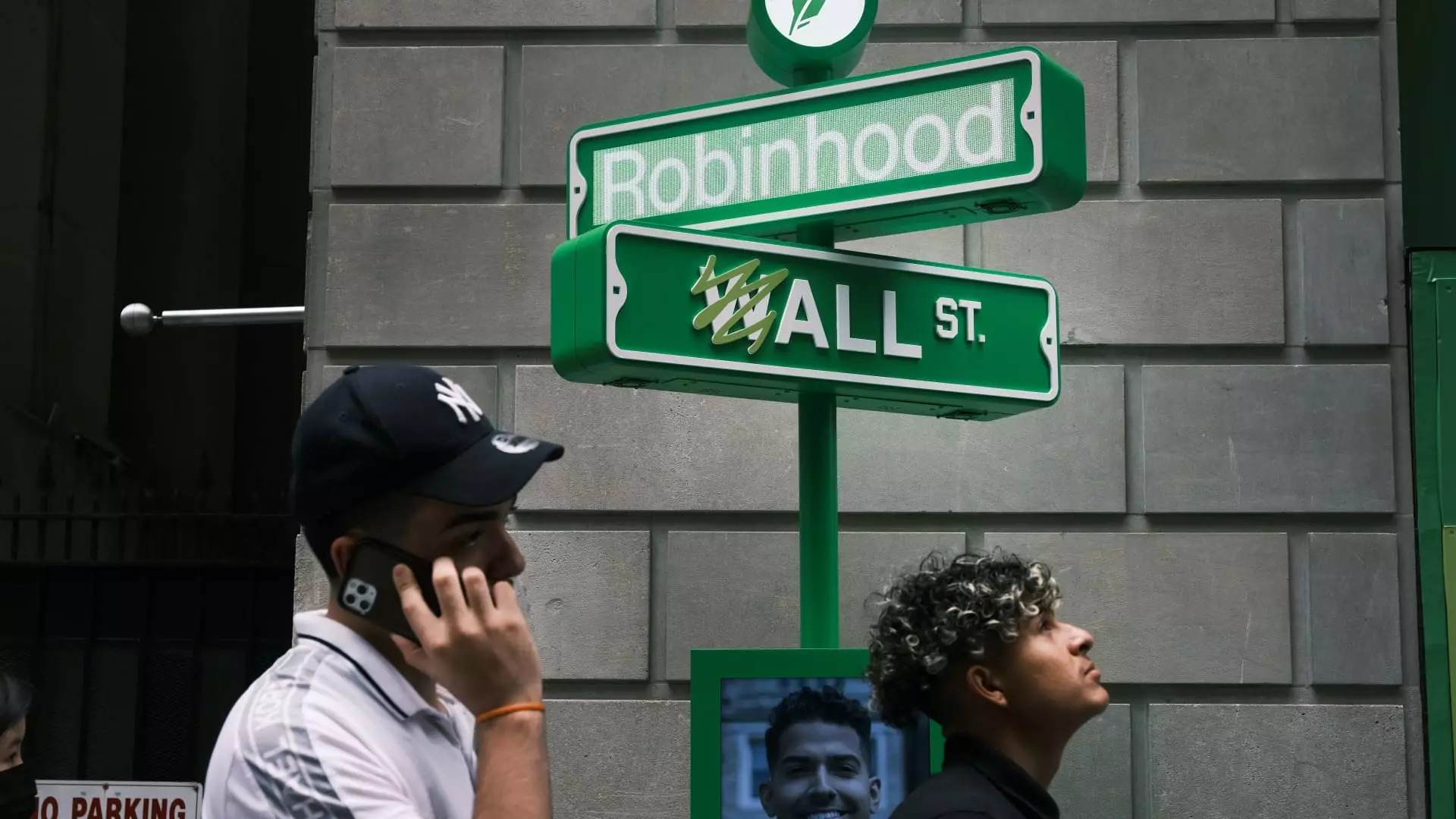On Monday evening, the brokerage firm Robinhood made an announcement on social media regarding the suspension of overnight trading. The company revealed that Blue Ocean ATS, the third-party firm responsible for facilitating round-the-clock trading for Robinhood, had temporarily suspended its overnight market operations. This decision had immediate implications for Robinhood’s 24 Hour Market orders, which were not able to be executed as planned.
Market Impact
The news of the suspension of overnight trading came at a time when global markets were experiencing a significant sell-off. With the Dow Jones Industrial Average dropping over 1,000 points and the S&P 500 recording its worst day since 2022, investors were already on edge. Robinhood’s decision added to the uncertainty surrounding the market as traders grappled with the implications of the sudden halt in overnight trading.
The announcement from Robinhood followed reports of technical issues faced by other brokerage firms, including Charles Schwab, earlier on the same day. These technical glitches had resulted in some users being unable to access their brokerage accounts, adding to the frustration and anxiety in the market. It remains unclear whether the issues experienced by Robinhood and other brokerage firms were linked or if they were completely unrelated.
Robinhood had initially introduced “24/5 trading” back in May 2023, extending trading hours from Sunday 8 p.m. ET to Friday 8 p.m. ET. This move was aimed at providing investors with greater flexibility and access to the market outside of regular trading hours. However, the recent suspension of overnight trading underscored the challenges and risks associated with extending trading hours beyond the traditional market hours.
Future Implications
It remains to be seen how long the suspension of overnight trading will last and whether other brokerage firms offering similar services will be affected. The uncertainty surrounding the situation has left investors and traders wondering about the implications for their existing orders and potential trading strategies. The incident serves as a reminder of the importance of having contingency plans in place for unexpected disruptions in the market.
Robinhood’s decision to suspend overnight trading due to an issue with its execution venue has highlighted the fragility of the market infrastructure and the need for robust risk management practices. As the situation unfolds, investors and traders will need to closely monitor developments and adjust their strategies accordingly to navigate the challenges posed by the temporary halt in overnight trading.

